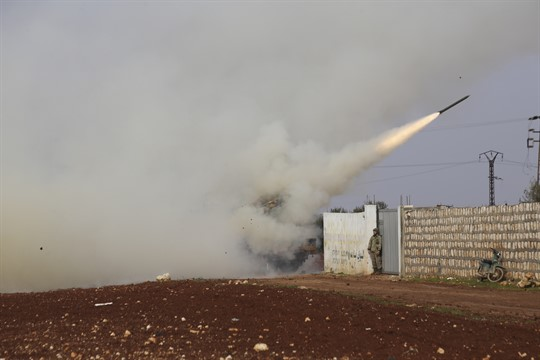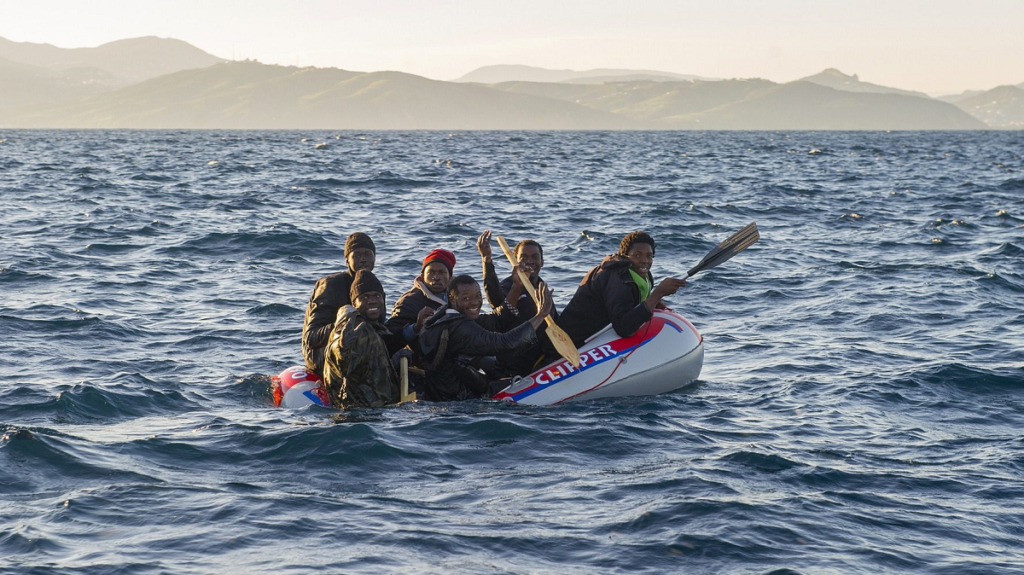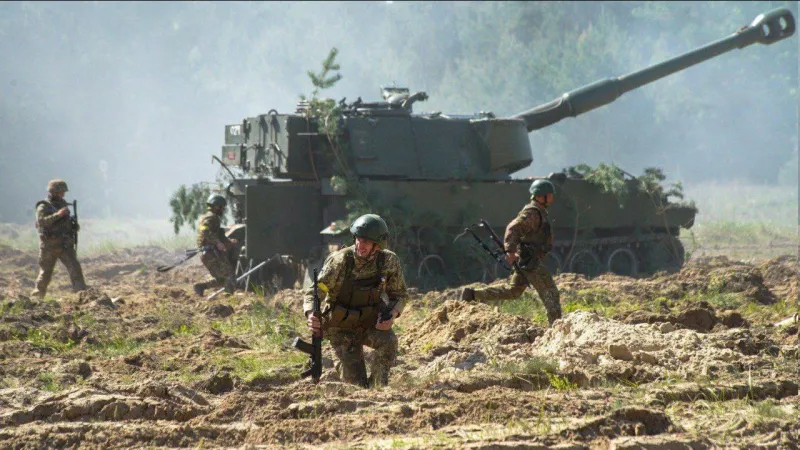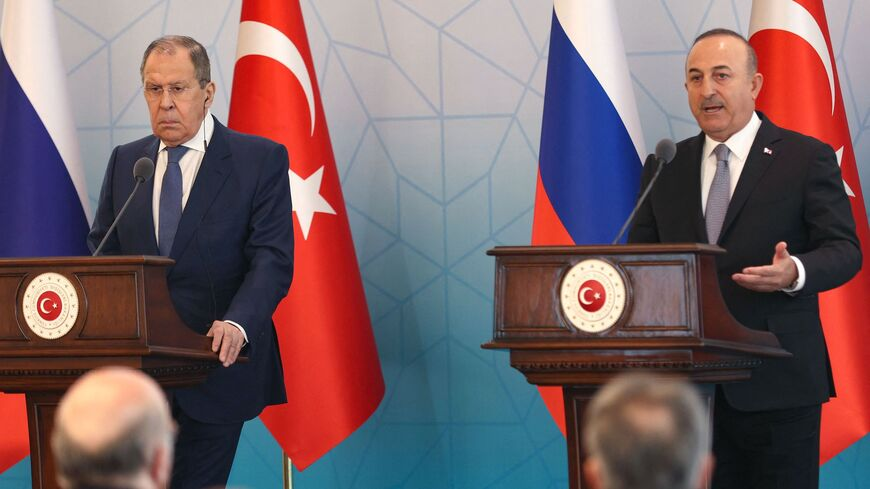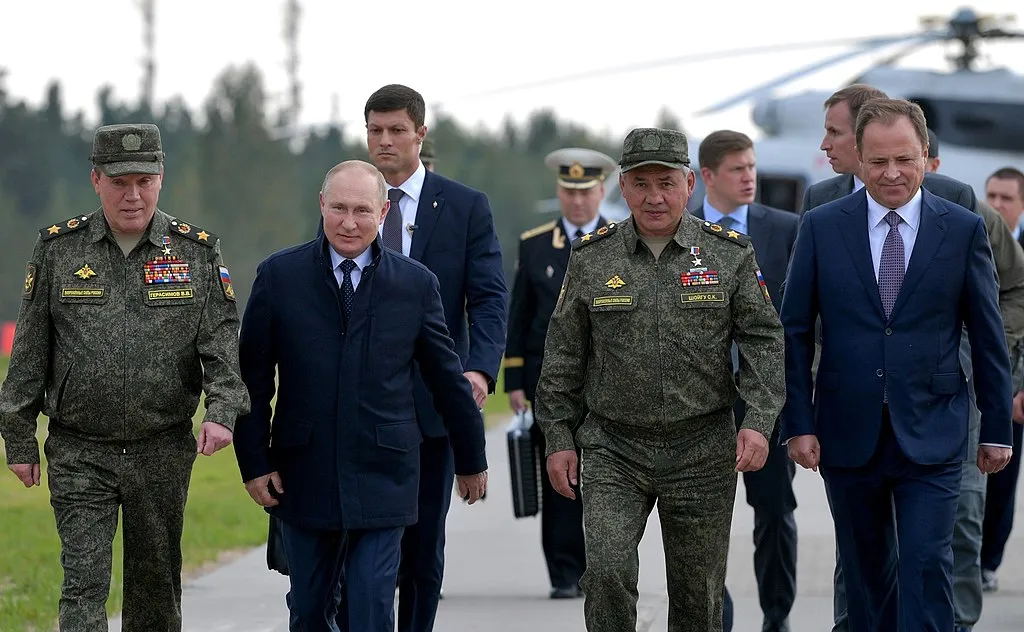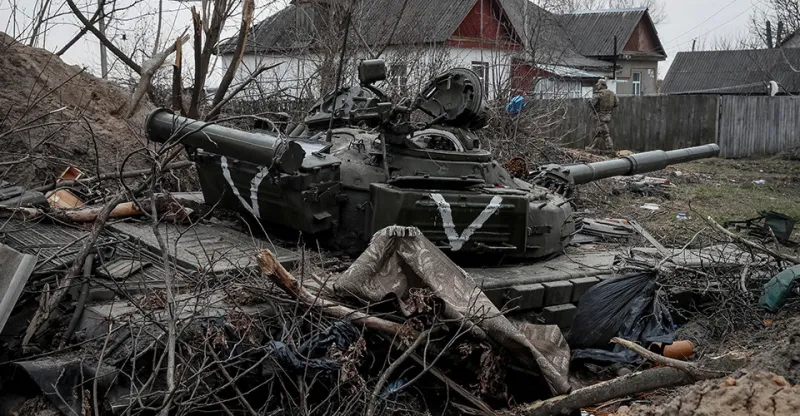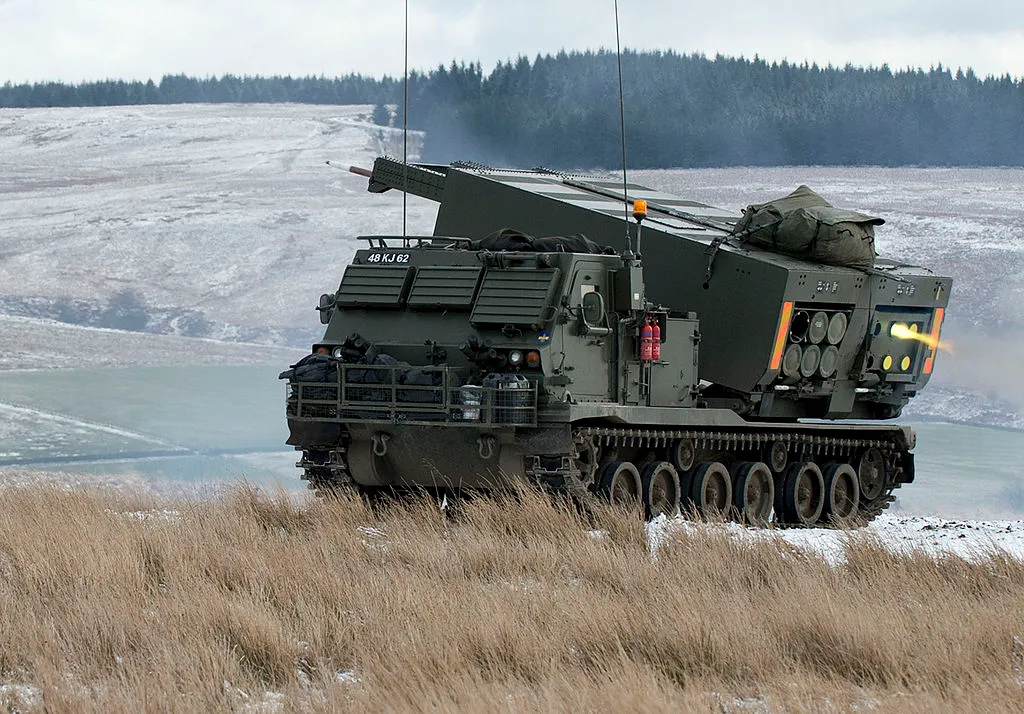Turkey Is Playing With Fire in Syria—Again
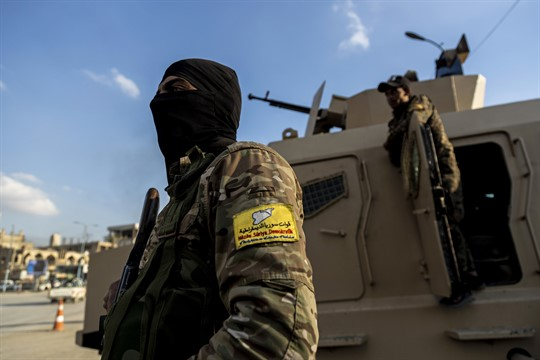
While the war in Syria has receded from the international spotlight, residents in the country’s northeast are bracing for a new wave of armed conflict. Turkish President Recep Tayyip Erdogan has for months threatened to launch a military invasion of the region to push back Syrian Kurdish fighters and create a buffer zone in the border area between the two countries. Turkish military deployments and diplomatic outreach to Russia suggest that a decision from Ankara to launch a military operation is likely and may even possibly be imminent.

